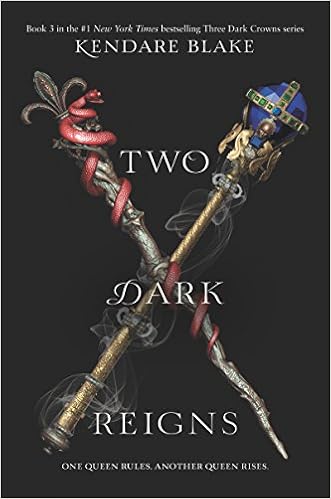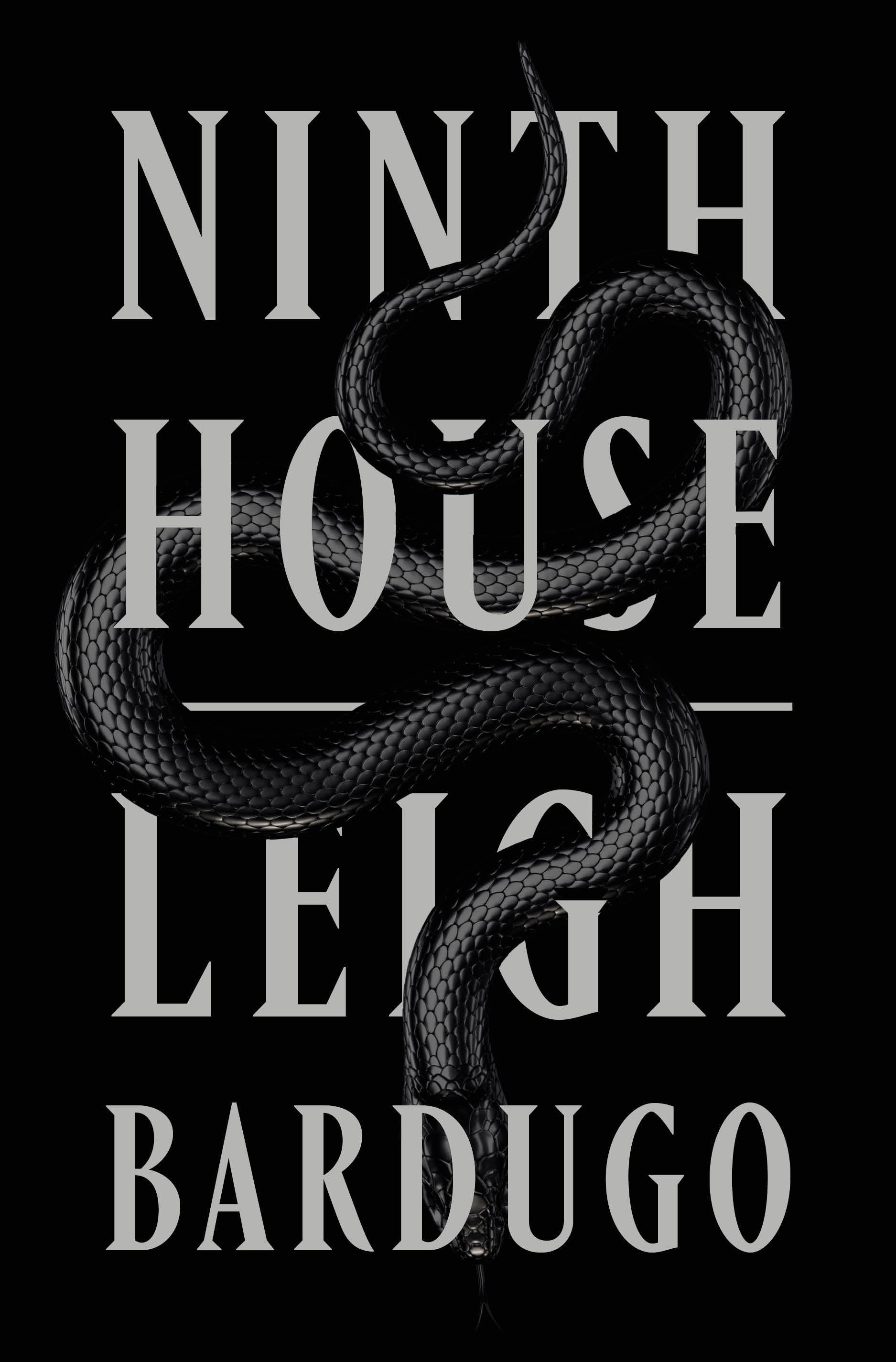Anyway, my annual “Book Superlatives” post is a fun way for me to recall the novels I read during the past twelve months. There were only two books I did not like at all, four I thought were okay, and the rest of them I enjoyed. Of course there were a few stand-outs in terms of greatness, which is why a superlative list like this exists! Here were a few of them:
Best Conclusion to a Series
BRIGHT WE BURN by Kiersten White
Believe it or not, but I read five novels this year that ended a trilogy or duology; I thought White’s story wrapped everything up the best. The beginning of this alternative history was a bit on the slow side, but it really picked up momentum as the novel progressed. I didn’t see the twist at the end of the “second act”, and I was surprised how all of the main characters got a relatively happy ending. I totally thought we’d witness the female protagonist’s demise instead of reading it during the epilogue. Overall I liked what White did with the series, and I can only imagine how much research she must have done to believably write this story in the time period that she did.
Best New Author to Me
WILDER GIRLS by Rory Power
I know I raved about this book in a blog post not too long ago, but it definitely left its mark on me this year. Power wrote this post-apocalypse/thriller story with a literary slant, which I felt like it reflected the somber mood of the situation for the small cast of characters that were trapped together on this New England island. Everything turned to chaos at the end, and even though our three main characters made it out safely, the story still left me with more questions. I thoroughly enjoyed this debut from Power.
Best Stand-Alone Book
SATELLITE by Nick Lake
Best Stand-Alone Book
SATELLITE by Nick Lake
I only read three books this year that would fall into this category (but one released a companion book earlier in the year). I half-contemplated nominating Power’s book again, but I didn’t feel like it was fair, so I chose my second favorite.
With SATELLITE, I had to suspend my belief on certain circumstances. (i.e. I thought it was a little too convenient.) I was, however, surprised how much I appreciated Lake’s choice in writing style. I haven’t read anything else of Lake’s – so I don’t know if he typically writes like this – but the sci-fi book was written with zero capitalization. Also, every “and” was replaced with an “&.” My guess is that Lake was writing the story in a way that could seem different yet plausible for how humanity could one day construct sentences. Or maybe he was just trying to be more poetic. Either way, I will admit that it took me a little while to adjust. The rule-follower in me wanted to fix the syntax into the “proper” way, but I got over it the more I read.
But besides the writing, this novel explored the consequences of what could happen to a trio of children who were born and raised in space, and how their bodies adjust to Earth as they land for the first time. I never really gave it much thought about these what if concerns, and it made me appreciate the little ways on how humanity was built for life on our planet.
Most Impressive World-building
THE FATES DIVIDE by Veronica Roth
But besides the writing, this novel explored the consequences of what could happen to a trio of children who were born and raised in space, and how their bodies adjust to Earth as they land for the first time. I never really gave it much thought about these what if concerns, and it made me appreciate the little ways on how humanity was built for life on our planet.
Most Impressive World-building
THE FATES DIVIDE by Veronica Roth
This series of Roth’s is a bit anti-climactic compared to her previous works, but I can’t deny that she really stepped up her game when it came to her writing and world-building. There are multiple planets within this space opera, and I was amazed by all the intricacies Roth put into each world that the characters visited. They were all super creative, and I felt like she really took her time with understanding each setting.
Runner-up: TWO DARK REIGNS by Kendare Blake
Two of the four main characters found themselves in a new country when this novel opens up, and it juxtapositioned nicely against their previous home across the sea. Meanwhile, another character back on the island showed us readers a different side of their society. For a fantasy book that is the third in a series of four, I was surprised by how much of their world we had yet been able to explore.
Longest Book I Read
THUNDERHEAD by Neal Shusterman
Longest Book I Read
THUNDERHEAD by Neal Shusterman

Clocking in at 504 pages, Shusterman’s dystopian was the lengthiest I read in 2019. I didn’t mind. It actually went by quickly. The next book in this trilogy, however, looks a little intimidating as it currently sits in my TBR pile. (It has a hundred more pages than THUNDERHEAD.) I’m still thinking about that cliffhanger…
Also, in case anyone was curious, I read a total of 7,771 pages this year. That’s 388.6 pages/book. Despite reading the same number of novels as last year, that’s only 56 pages more than 2018. So I guess I subconsciously remained consistent in 2019.
I’m hoping to finally get a chance to reach my goal of 22 books in 2020, but it’s always so difficult to set aside time to read during the last three months of the year. Right now, I have 25 books on my dresser that are eagerly waiting to be read. They like to mock me.
Here’s hoping that I’ll have a more successful year in 2020. (And decade.)












